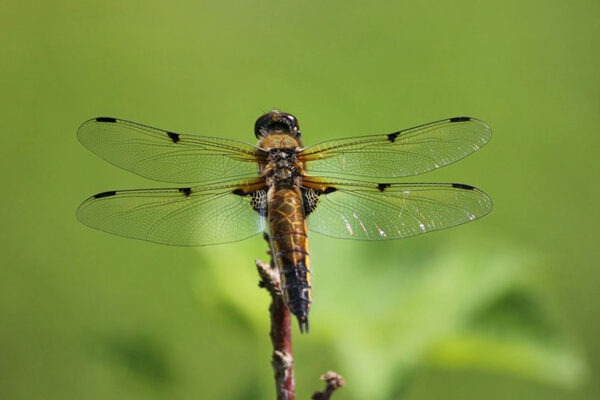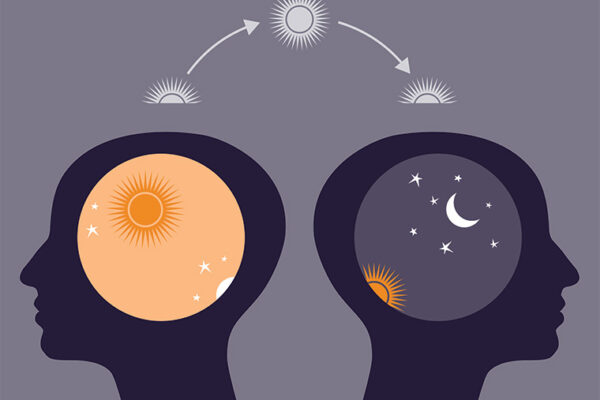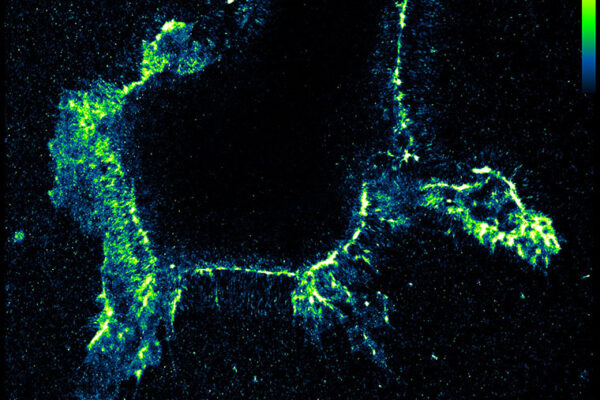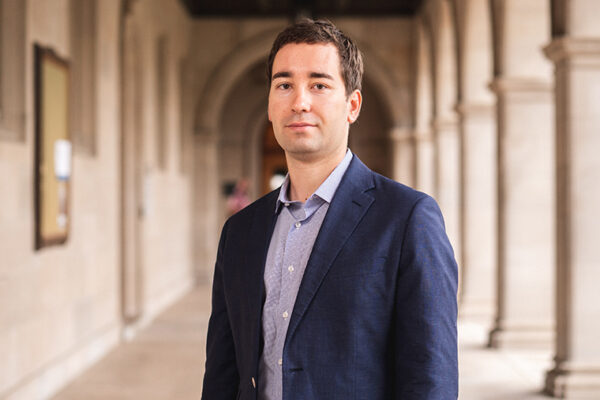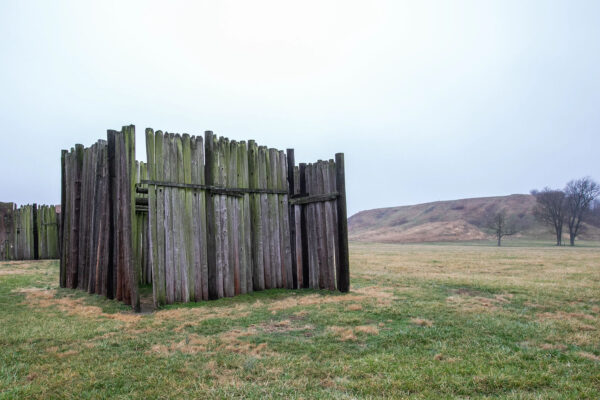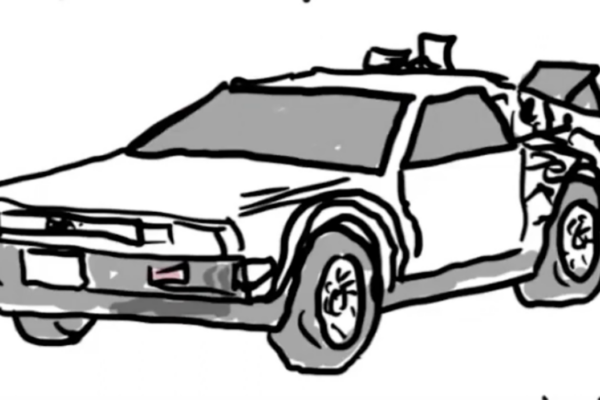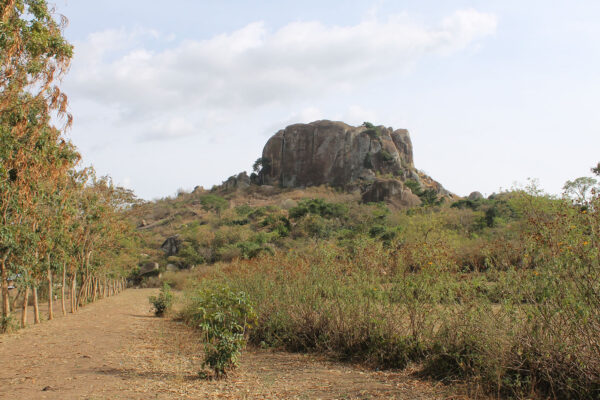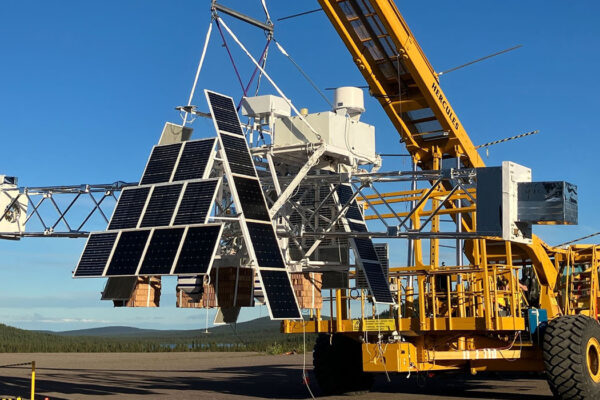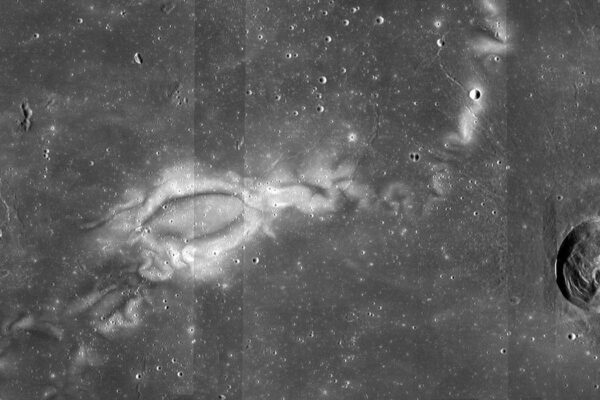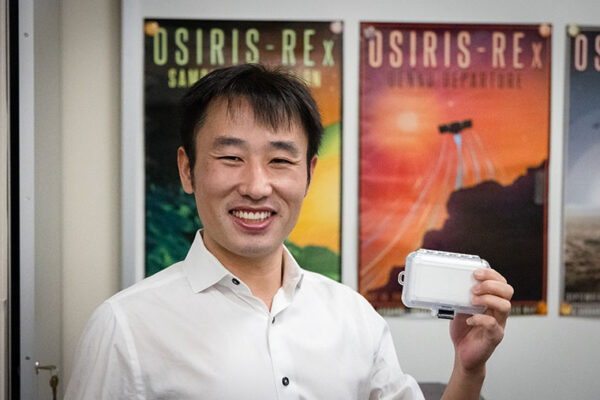Ornamented dragonflies better equipped to survive human threats
A study by Kim Medley, director of Tyson Research Center, and others found that dragonflies with dark wing markings have a lower risk of extinction.
Daily rhythms depend on receptor density in biological clock
Tweaking the numbers of receptors in a key brain area changes the daily rhythms of rest and wake in mice, according to research led by Daniel Granados-Fuentes in Arts & Sciences, published in the Proceedings of the National Academy of Sciences.
Chemists develop test to track crucial edits to RNA
A team of WashU chemists led by graduate student Alex Quillin in Arts & Sciences has developed a test that makes it possible to precisely track edits in cells, an advance that could lead to a new understanding of the origins of many illnesses.
Tikhonov wins NSF CAREER award
Mikhail Tikhonov in Arts & Sciences has won a prestigious National Science Foundation award for a project that will apply the statistical approaches of physics to the complicated world of microbial ecology.
New study adds to mystery of Cahokia exodus
Natalie Mueller, an assistant professor of archaeology in Arts & Sciences, and alumna Caitlin Rankin dig into the Cahokia Mounds’ history to cast doubt on a popular theory about why the ancient city was abandoned.
Building ‘time-traveling’ quantum sensors
In a paper published in Physical Review Letters, physicist Kater Murch in Arts & Sciences demonstrates a new type of sensor that leverages quantum entanglement to make time-traveling detectors.
Archaeologists report earliest evidence for plant farming in east Africa
Natalie Mueller in Arts & Sciences excavated and identified a trove of ancient plant remains in Kenya that represents the largest and most extensively dated archaeobotanical record from east Africa.
XL-Calibur telescope launched to study black holes
Scientists from Washington University in St. Louis have launched a balloon-borne telescope to unlock the secrets of astrophysical black holes and neutron stars, some of the most extreme objects in the universe. XL-Calibur launched July 9.
Moon ‘swirls’ could be magnetized by unseen magmas
In a laboratory setting, experimental petrologists at Washington University recreated the magnetizing reactions that could be causing the mysterious, light-colored features on the Moon’s surface, known as lunar swirls.
Surprising phosphate finding in asteroid sample
Washington University scientists, including Kun Wang in Arts & Sciences, are part of a team that reported that near-Earth asteroid Bennu’s dust is rich in carbon and nitrogen, as well as organic compounds, all of which are essential components for life as we know it.
View More Stories
